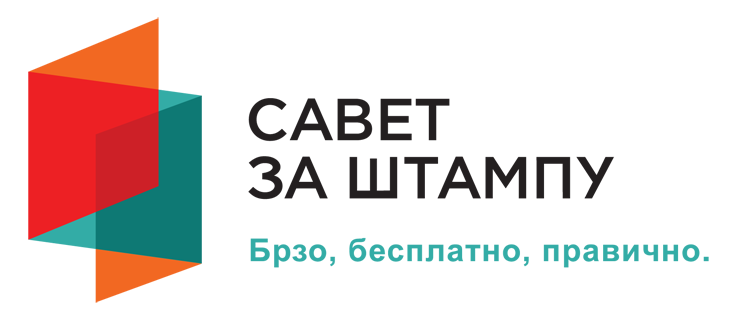“Disability Is Not a Boogeyman”: How the Media Report on People with Disabilities — and Where They Go Wrong
(Source: Danas/FoNet) The most common violations of the ethical code in media reporting involve unverified information and the disclosure of names of victims and suspects, said journalist Bojan Cvejić, author of the Press Council’s monitoring of ethical code breaches in the press.
Speaking at the panel discussion “Limits of Freedom – Ethical Reporting and Professional Challenges,” Cvejić said that the media fail to distinguish between speculation, assumptions, and rumors on the one hand, and facts on the other, and also do not understand privacy rules.
He pointed out that these code violations not only undermine journalistic quality but also harm the dignity of individuals when reporting about them.
Regarding reporting on people with disabilities, Cvejić noted that he and his colleague Sanja Pavlović had prepared supplementary guidelines for media reporting within the Press Council, which also include this topic.
Katarina Tomović, author of the Handbook for Proper and Affirmative Reporting on People with Disabilities, said that at first the media largely failed to recognize the importance of the recommendations in her handbook, but that the situation has since changed, and colleagues now ask how to report on these topics appropriately.
She said she is glad journalists are showing interest, correcting mistakes, and, when reporting on people with disabilities, saying “let’s check the guidelines.”
Tomović added that the problem is not limited to the press; television stations also contribute by filming people while they cry—because it boosts viewership—or by airing gratuitous images of wheelchairs or white canes.
According to her, it also often happens that journalists interview private assistants instead of speaking directly to the person with a disability.
She also announced the second edition of her handbook, which will be expanded with sections on artificial intelligence and online media.
Milan Janković, Executive Director of the Academic Inclusive Association, emphasized the importance of addressing issues affecting people with disabilities, adding that the association’s goal is to raise awareness of their status and rights.
He said the goal is to work on educating journalists while also helping them understand that people with disabilities should be part of the general population.
Speaking about journalist education, he stressed its importance, as the media are a “powerful” tool that shapes how someone is portrayed—and consequently how citizens form their perceptions on this issue.
